Our Story
“A history of leadership and representation in the oil and gas sector”
Founded in 1957, the Brazilian Institute of Oil and Gas (IBP) was created with the mission of disseminating technical knowledge and supporting the development of the emerging Brazilian oil industry. Since then, it has established itself as the main entity representing the sector in the country, contributing decisively to its regulatory, technological, and institutional evolution.
Over the coming decades, the IBP expanded its activities and strengthened its representation, keeping pace with changes in the energy industry and promoting an environment conducive to investment, innovation, and competitiveness. With a technical, ethical, and collaborative approach, the Institute actively participates in public debate, contributing to policies and regulatory frameworks that drive the sustainable development of the production chain.
The IBP's expertise is supported by multidisciplinary technical areas formed by industry specialists, who lead studies, publications, events, and professional training programs. This knowledge network is one of the pillars that ensure the quality and credibility of the Institute's work, which plays a strategic role in strengthening the industry and promoting Brazil's energy, economic, and social development.
Check out our Timeline
2020s

2021–2025
Energy transition and internationalization of activities
The IBP is expanding its presence in national and international forums focused on energy transition, with an emphasis on topics such as decarbonization, low-carbon hydrogen, carbon capture and storage (CCUS), and technological innovation. The Institute's activities contribute to preparing the sector for the challenges of the new low-carbon economy.
2010s
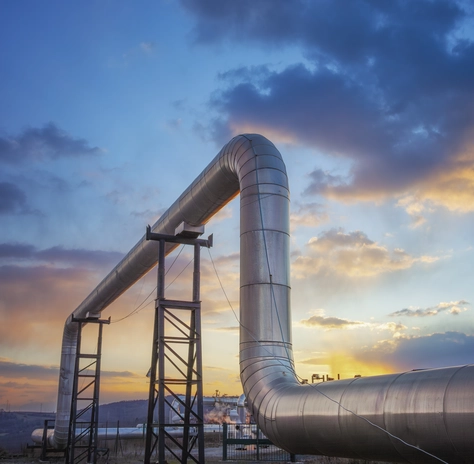
2013–2021
New Gas Bill (Law No. 14,134/2021)
As a result of years of coordination and dialogue with industry players, the new legislation replaces the previous one with a focus on promoting competition, attracting investment, and encouraging the deverticalization of the chain. The IBP played a key role in defending the full draft as a tool for modernizing the gas industry.
2000s
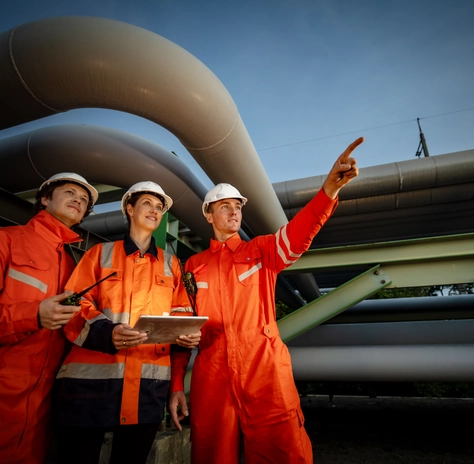
2009
First Gas Bill (Law No. 11,909)
The new legislation regulates the transportation and commercialization of natural gas and introduces the principle of free access to infrastructure. The IBP closely monitors the regulations and proposes measures that support the opening and boosting of the market.
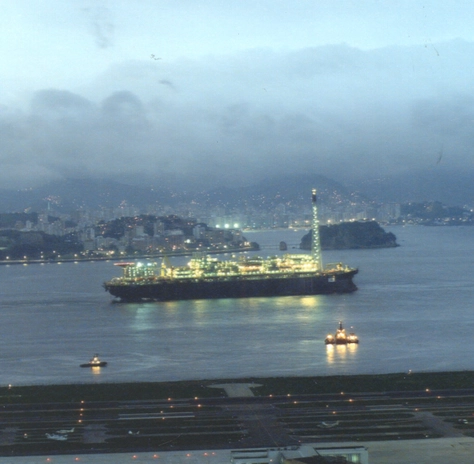
2006
Discovery of the Pre-Salt
Confirmation of pre-salt reserves launches a new cycle of investments and opportunities for Brazil. The IBP actively contributes to debates on the regulatory framework and promotes actions for technical qualification and development of the production chain.
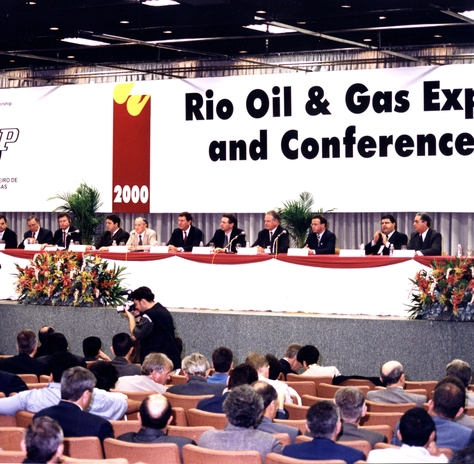
2000
Market opening and consolidation of the regulatory model
With the first rounds of tenders by the ANP, the Brazilian market opens up to competition. The IBP strengthens its international presence by creating technical and institutional forums, such as Rio Oil & Gas, which has established itself as the sector's leading event in Latin America.
1990s
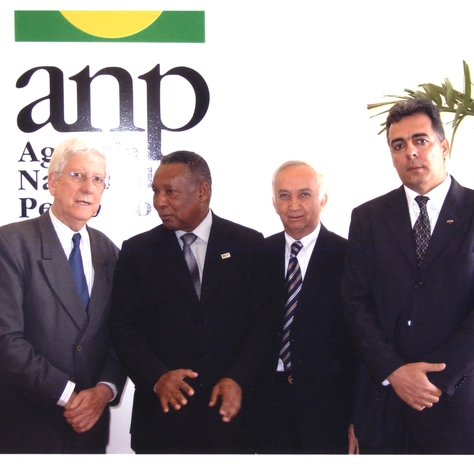
1997
The Oil Bill and creation of the ANP
With the enactment of Law No. 9,478, Petrobras' monopoly came to an end, and the ANP was created as an independent regulatory agency. The IBP took on a leading role as a technical and institutional intermediary between the government, companies, and civil society.
1970s
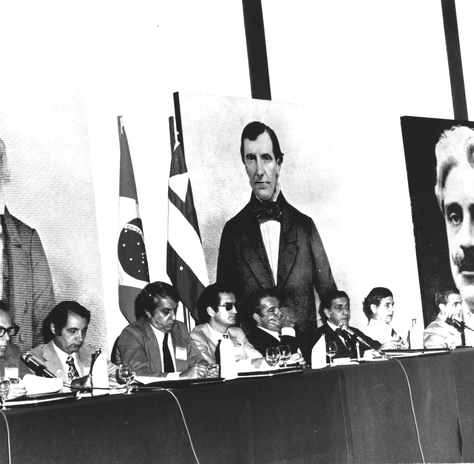
1975
Strenghtening of Petrobras and expansion of the IBP’s agenda
During the military regime, Petrobras significantly expanded its operations, consolidating the state monopoly. In this scenario, the IBP diversified its agenda, intensified its technical activities, and started to promote events and commissions focused on process standardization and industrial qualification.
1950s
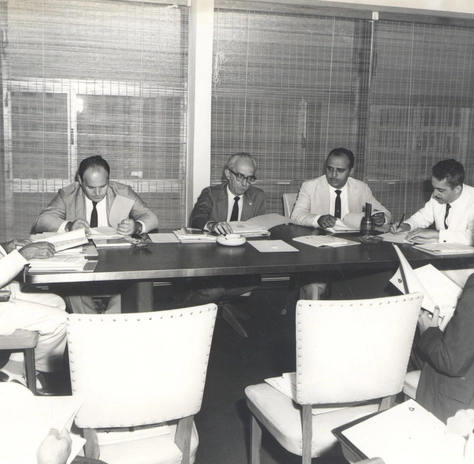
1957
Foundation of the IBP
Created with the purpose of integrating the newly founded Petrobras with private refineries and promoting technical and scientific training in the sector, the Institute emerges as a neutral and strategic space for debate and development of the oil and gas industry in Brazil.
